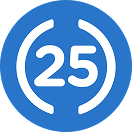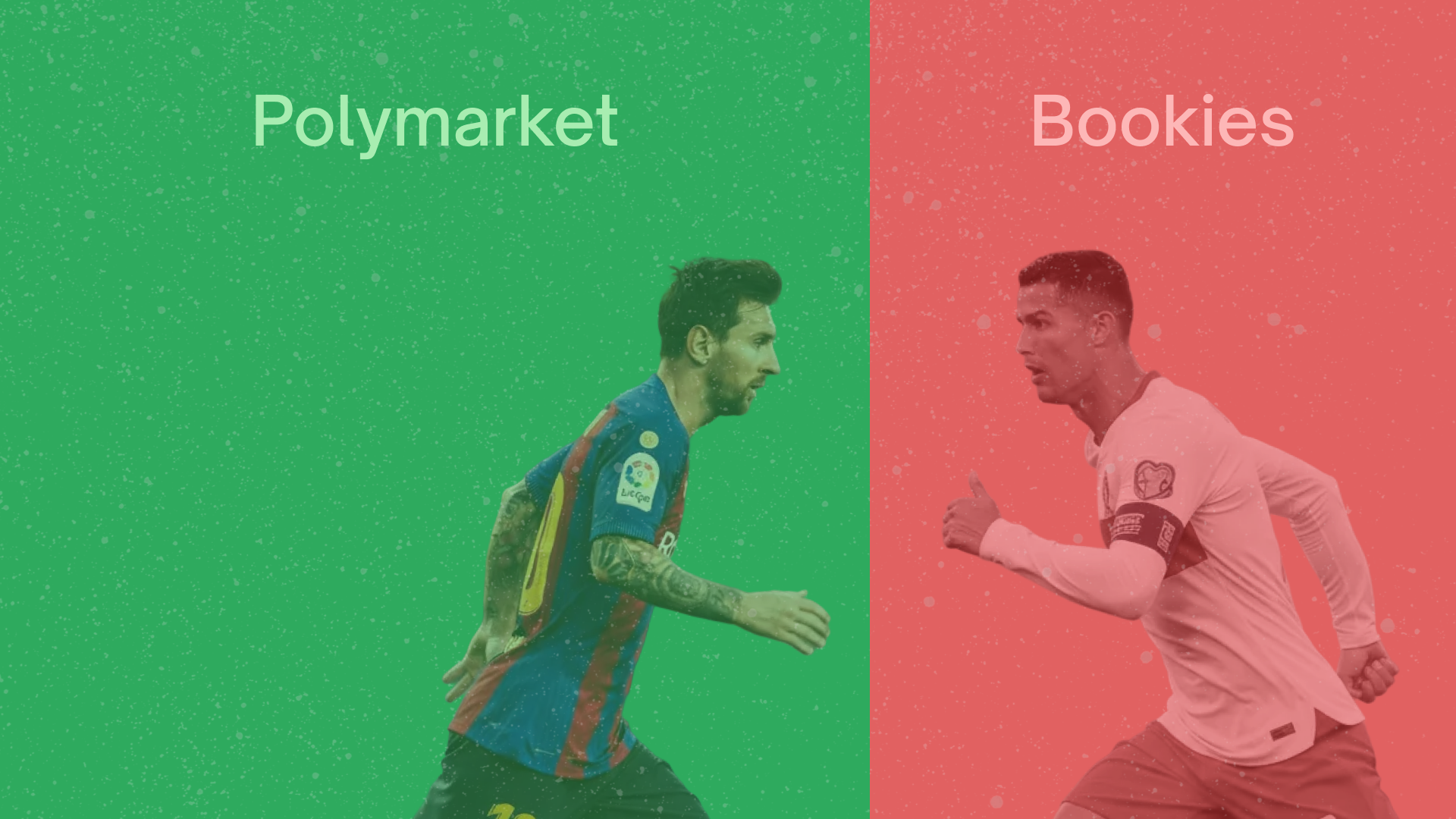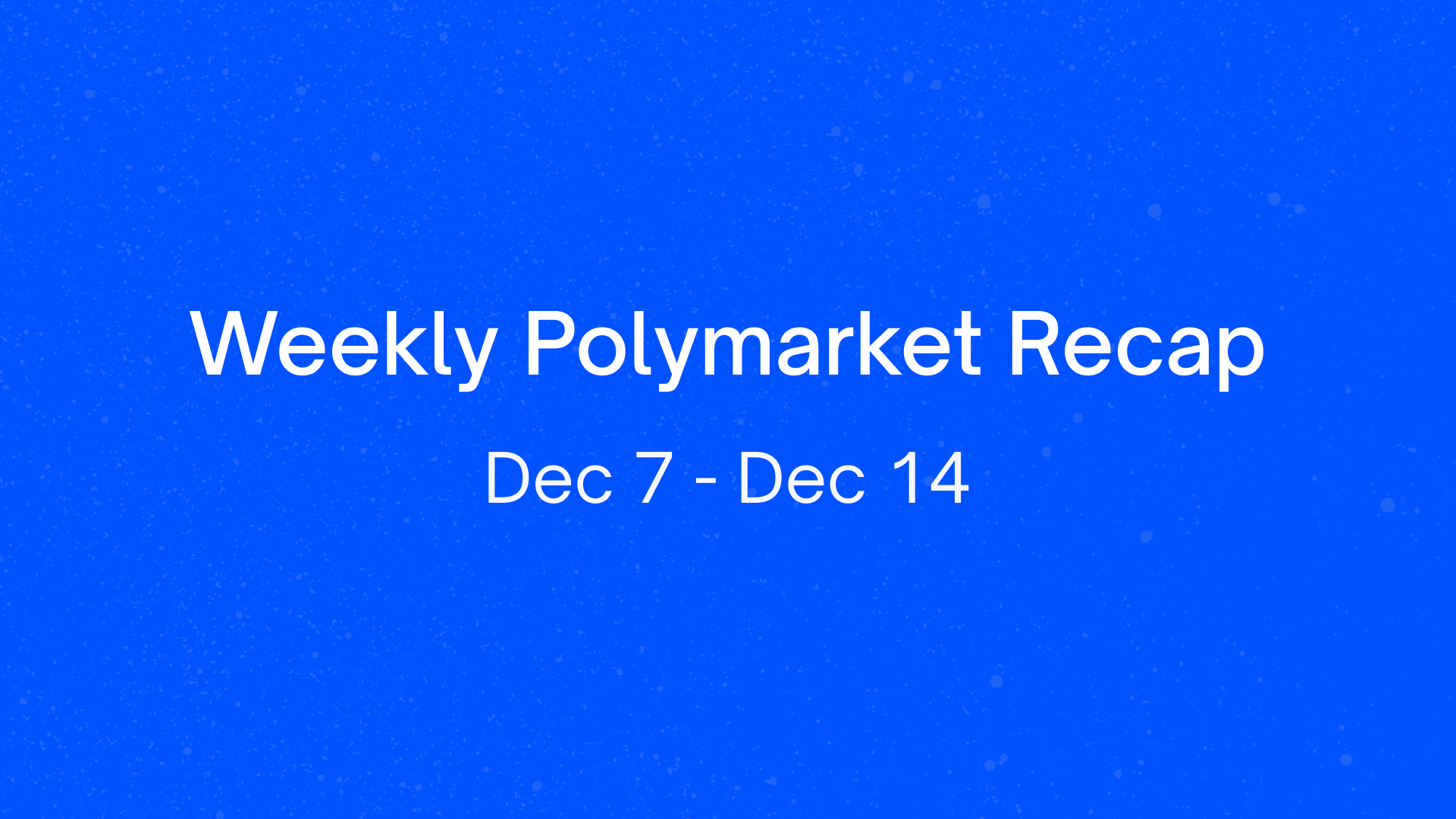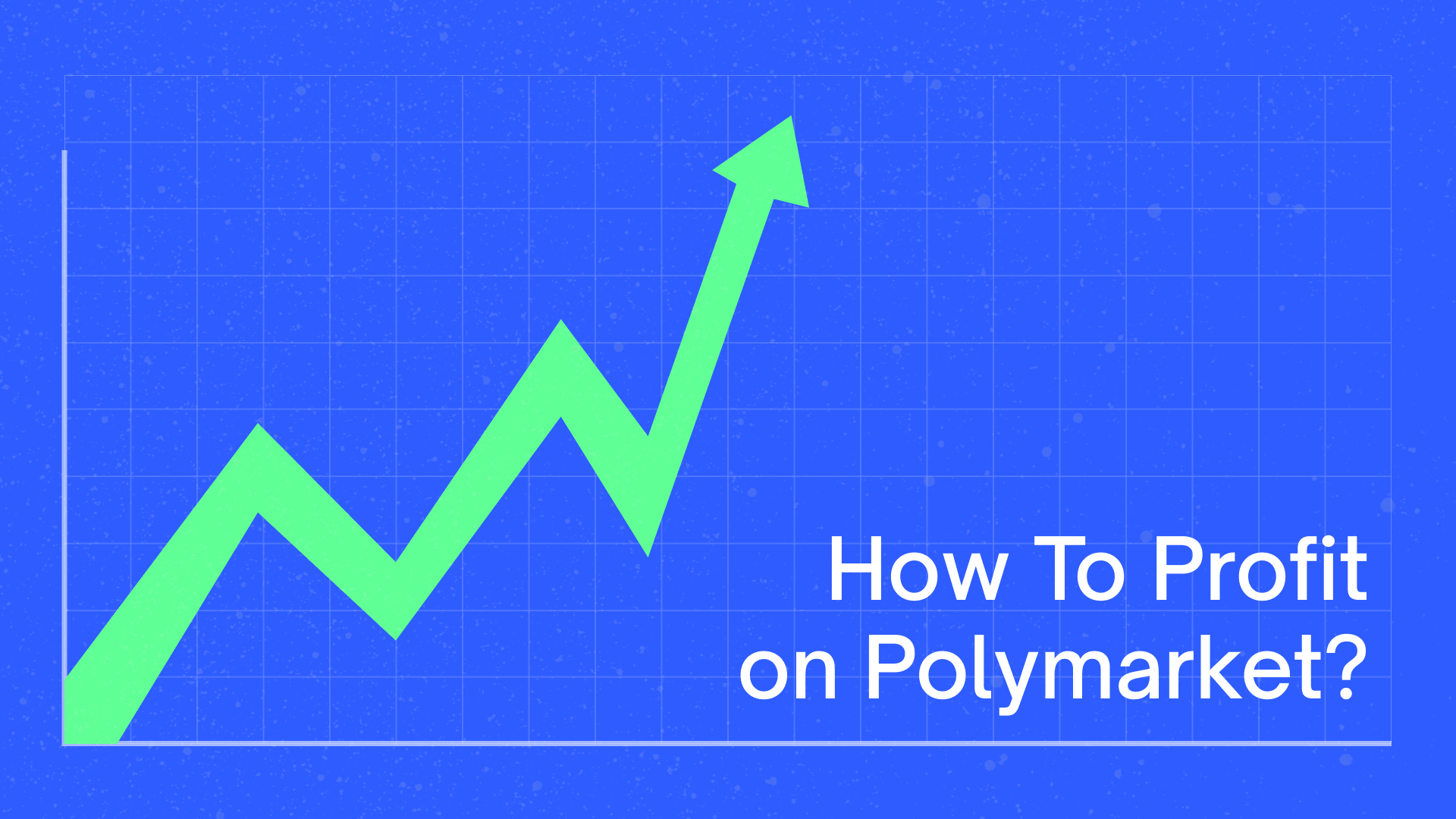For someone who, like myself, enjoys occasional sports betting, Polymarket has been a real gem of a discovery. At first, I thought it was just another blockchain betting site, but then I realized it was something bigger - a totally different approach.
And man, oh man, after years of placing bets on traditional bookie services, trading on Polymarket felt almost like a dream. No fees. No KYC. No blocked or limited accounts. No third party controlling my funds. No "betting temporarily suspended" nonsense. Just me, my judgment, and the judgment of others like me.
If you, for whatever reason, are still using bookies to place your bets - read this to the end, and I promise you'll reconsider. In this article, I'm going to cover several key aspects of betting on a traditional bookmaker versus betting on a prediction market.
Odds
At a bookmaker, odds are managed by in-house traders. They weigh news, team performance, and betting patterns, then decide when to move prices. It’s a closed system, and it often lags behind reality. When unexpected events occur - a star player injury, a weather shift, or breaking political news - the market freezes while analysts scramble to adjust.
Prediction markets work like living organisms. Every trade updates the odds in real time. If someone buys shares on one outcome, the probability adjusts instantly. The result is a market that constantly absorbs and reacts to new information. It doesn’t wait for permission from a central authority - it moves as fast as market participants are making their moves.
The conclusion is simple: when betting on a prediction market, you don’t need to wait for some "expert" to recalculate the odds. The more up-to-date your information and the sharper your judgment, the better your chances. Sounds pretty fair to me.
Fees
Let's jump to the next, and probably most significant, point. Most bookmakers embed a margin of 5-10% into every line they offer. Bettors don’t see it directly, but it’s always there - the hidden edge that ensures the house wins over time. Even when you pick winners consistently, that margin slowly eats into your gains.
Polymarket offers no-fee betting. Zero. None. I usually don’t bet much - my average wager is somewhere around $10-25 - but I watch A LOT of sports, so I bet regularly and often. Over the years, I’ve created five or maybe even six figures in betting volume. If I had done all that with no fees, I would’ve saved $5-10k - not bad at all.
With Polymarket, regular users keep more of their earnings, and skilled bettors actually get rewarded for accuracy instead of being drained by invisible costs.
Trading vs Gambling
Nowadays, most bookies offer you the option to "cash out" or sell your bet after you place it. But have you actually tried doing it?
Imagine you put a $100 bet on Barcelona to win a football game at 3-to-1 odds. Barcelona starts weak but manages to score a lucky goal, and the odds shift to 2-to-1. You’re afraid they might still lose or draw, so you want to sell your bet for a profit. In this case, your fair profit from the odds change is $33.33 - and that’s exactly what you’d get on Polymarket.
The bookie, on the other hand, will offer you 20-30% less. Since they charge an additional fee for selling your bets, it means that once you place it, there’s not much room for maneuver - you’re basically doomed to watch it settle.
On Polymarket, you’re not penalized for making decisions about your open positions. You can even develop a trading strategy - opening bets and selling them later for smaller profits - without waiting for the event to settle. It’s a trader’s market, not a gambler’s trap.
Restrictions
One of the biggest frustrations in the traditional betting world is control - or rather, the lack of it. When you place a bet with a bookmaker, your money is effectively in their hands. They decide when you can withdraw, whether your account is flagged for "suspicious activity," and, in some cases, whether you’re even allowed to keep betting.
Professional or "sharp" bettors know this problem all too well. Win consistently, and you’ll be limited or banned. Lose regularly, and you’re welcomed with open arms. Basically, they win when you lose - that’s the setup.
Prediction markets eliminate that conflict entirely. Funds are held in smart contracts, not by a company. That means no frozen withdrawals, no sudden limits, and no gatekeeping. You keep full control of your assets at all times. If you want to exit a position, you do so instantly.
For the first time, bettors can participate in markets where success isn’t punished - it’s simply part of the game.
Transparency and Liquidity
Traditional bookmakers operate behind curtains. Their algorithms, exposure levels, and decision-making processes are trade secrets. Bettors see only the final odds, not how or why they changed. Liquidity can vanish without warning when odds move too fast or the bookmaker needs more time to adjust the odds.
On Polymarket, everything is on-chain and publicly visible: every trade, price movement, and liquidity pool can be verified. Liquidity doesn’t depend on a company’s internal limits - it comes from the community itself. If traders are active, the market stays open.
That openness builds trust. Instead of relying on marketing slogans like "fair odds guaranteed," users can literally see fairness in real time.
The contrast speaks for itself. One system controls the bettor; the other empowers them.
The contrast speaks for itself. One system controls the bettor; the other empowers them.
Is It Time for Bookies to Go Away?
It won’t happen overnight, but in the next decade, the balance will shift. As more bettors realize they can get better odds, lower costs, and true control over their money, the centralized bookmaker model will start to look outdated. Just as people moved from bank tellers to online banking, or from calling a taxi dispatcher to using Uber, the shift to decentralized prediction markets is a matter of when, not if.
Bookies won’t disappear completely - but they’ll shrink into the background, serving those who prefer familiarity over freedom. The rest of the betting world will be trading on-chain, in open markets where information moves at the speed of truth, not bureaucracy. And in that future, the house doesn’t win by default anymore. The crowd does.








 0xAnikUKU
0xAnikUKU



